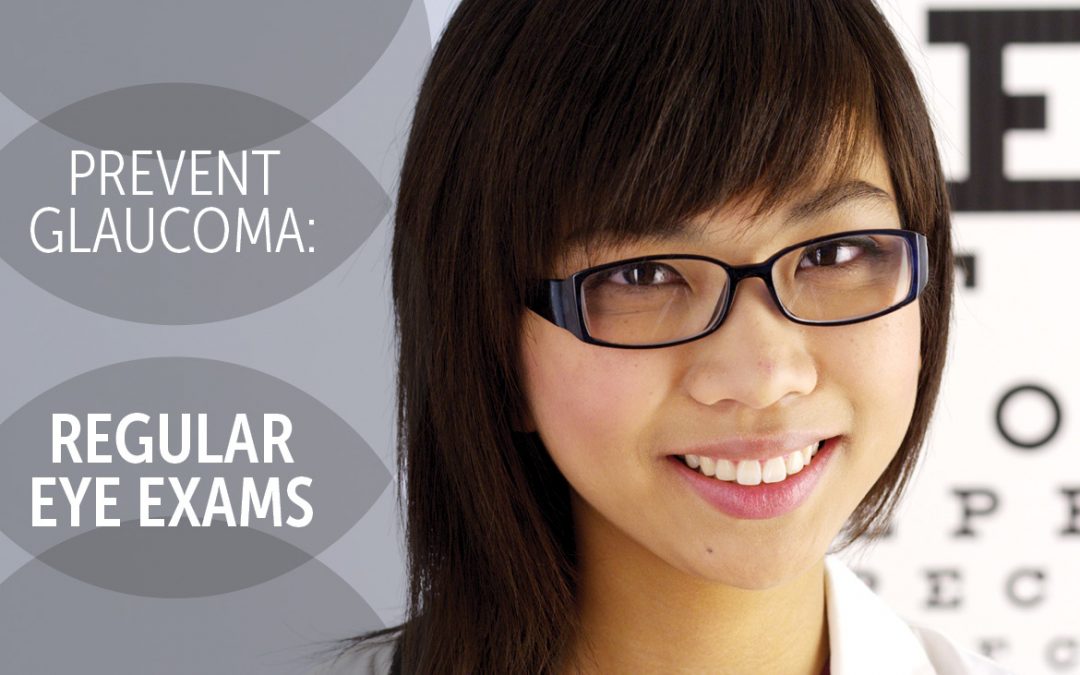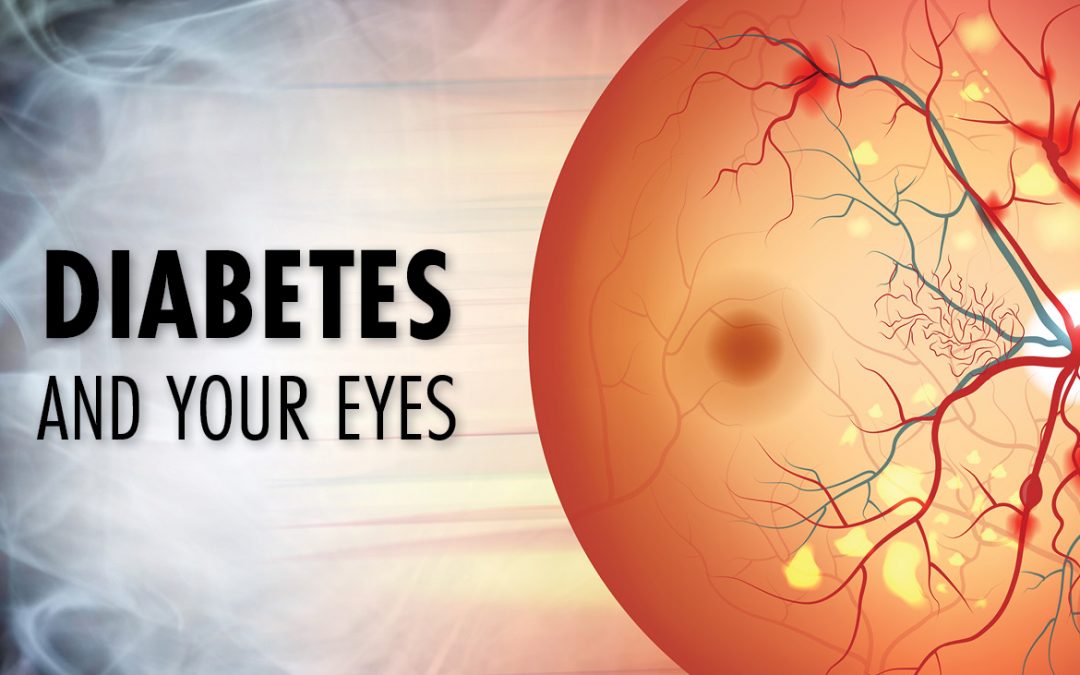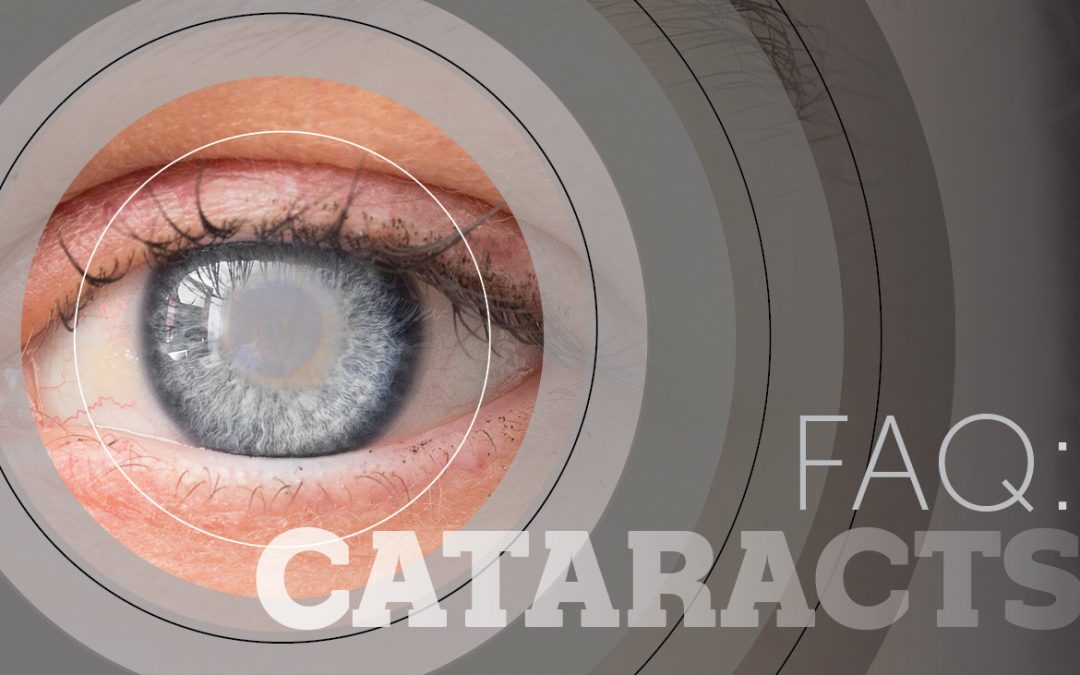
by innexus | Feb 1, 2020 | Eye Health and Diseases
According to The Vision Council, 65% of adults experience some form of computer vision syndrome. Often individuals associate eye strain as a “normal” part of computer work. However, the eye strain you are experiencing is a symptom of computer vision syndrome and can...

by innexus | Jan 1, 2020 | Eye Health and Diseases
Did you know, half of Americans with glaucoma don’t know they have it? Glaucoma is often called a silent thief of sight because the early stages often have no symptoms. In the US glaucoma is the second-leading cause of blindness. What is Glaucoma? Glaucoma is an eye...

by innexus | Nov 1, 2019 | Eye Health and Diseases
More than 28% of diabetics age 40 or older have a diabetic eye disease. These numbers are only expected to grow in the upcoming years due to the decrease in physical activity and healthy eating. Types of Diabetes Type 1 A chronic condition in which the pancreas...

by innexus | Sep 1, 2019 | Eye Health and Diseases
Macular degeneration is the deterioration of the macula, the small central area of the eye that controls visual acuity. Typically developing macular degeneration is a slow, painless vision loss. Age-related macular degeneration (AMD) Macular degeneration is often...

by innexus | Jun 1, 2019 | Eye Health and Diseases, Eye Resources
The foods you eat and the dietary supplements you take affect your overall health and the health of your eyes. Nutrition and your eyes are linked together and can help prevent certain eye diseases along with other health problems. Healthy Foods Choosing healthy foods...

by innexus | Apr 1, 2019 | Eye Health and Diseases
Think you may be at risk for developing cataracts? Here is an overview of the most frequently asked questions about cataracts, including potential cataract treatment and congenital cataracts. Give our office a call and schedule an appointment to have your questions...








